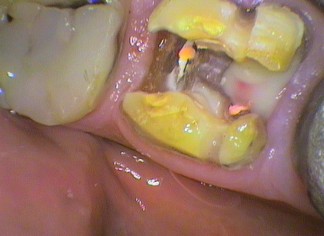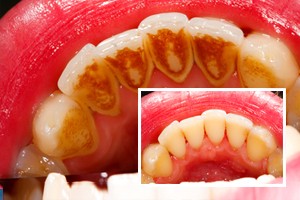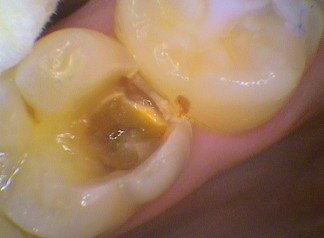Need an Appointment?
If you'd like to book an appointment with the dentist at Seymour Dental then contact us, or call us in Dulwich Hill, Sydney on (02) 9564 2397.
Common Infections in dentistry
Like the rest of the body, the mouth and teeth can be susceptible to infections; in fact the mouth has more than 700 species of bacteria, however among them are “good” as well as “bad” bacteria.
The most common infections in the mouth that dentists come across include:
- Caries or dental decay
- Abscesses
- Periodontal disease
- Gingivitis
- Thrush
- Herpes
Not all of these infections are caused by bacteria and hence not all are treated with antibiotics. For example, herpes is caused by a virus rather than a bacteria and as such using antibiotics will not help. Likewise it would not help thrush which is a condition caused by fungi.
Antibiotics can be used in the management of abscesses and periodontal disease, both of which involve “bad” bacteria in the mouth and typically develop over a period of time, i.e. they are chronic conditions. It must be noted however that antibiotics are only used as an adjunct in these diseases rather than as the main treatment modality. The primary treatment would be extraction or root canal to assist in draining bacteria from an abscess, and mechanical removal of bacteria containing calculus or tartar in the case of periodontal disease.
Although decay is actually an infectious disease whereby strains of decay causing bacteria can be spread, for example from the mother to a newborn child – antibiotics have no role here. This is more a battle of the diet to reduce the consumption of sugars that provide nutrition to the decay causing bacteria in the mouth.
Next week: Dr Kim Nguyen on Antibiotics – Part 2
 479 Marrickville Road
479 Marrickville Road

